How true is The Fabelmans to Steven Spielberg's life?
The Oscar frontrunner might be more fact than fiction

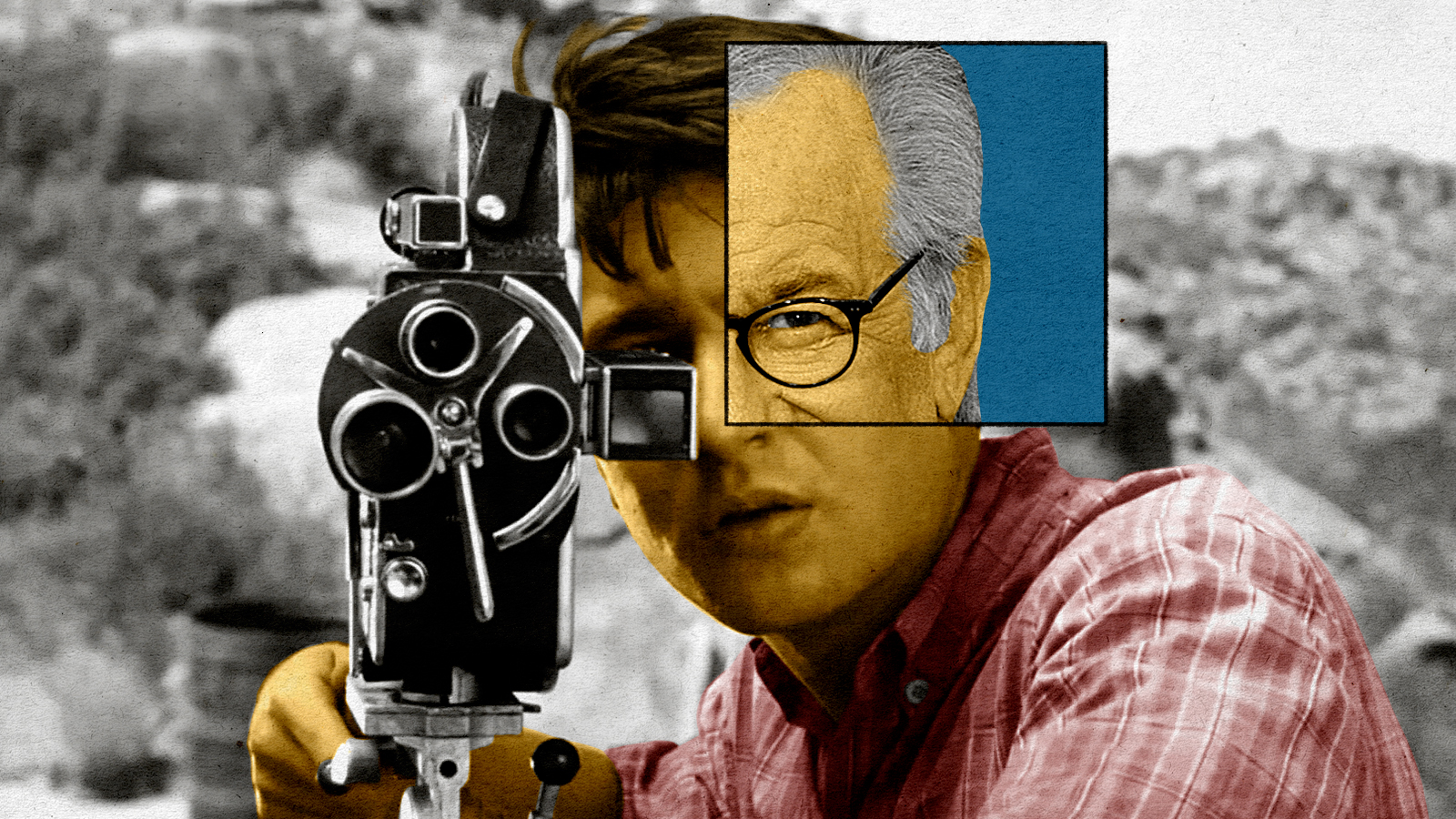
A free daily email with the biggest news stories of the day – and the best features from TheWeek.com
You are now subscribed
Your newsletter sign-up was successful
The Fabelmans is Steven Spielberg's most personal film to date, and it has been described as semi-autobiographical. But the "semi" may undersell just how much of the movie was actually pulled from his experiences. Here's what you need to know about how closely the Oscar frontrunner adheres to the legendary director's life story:
Did Spielberg really recreate a train crash from 'The Greatest Show on Earth' as a kid?
The Fabelmans opens with Sammy Fabelman going with his parents to see The Greatest Show on Earth (1952), after which he recreates a violent train crash sequence at home — essentially marking his first foray into directing.
According to Spielberg, this all really happened, and The Greatest Show on Earth was, in fact, the first movie he ever saw as a kid. "There's a train crash in the middle of the movie, and all I remember is it was the scariest thing I had ever experienced in my entire life," he told CBS Sunday Morning.
The Week
Escape your echo chamber. Get the facts behind the news, plus analysis from multiple perspectives.

Sign up for The Week's Free Newsletters
From our morning news briefing to a weekly Good News Newsletter, get the best of The Week delivered directly to your inbox.
From our morning news briefing to a weekly Good News Newsletter, get the best of The Week delivered directly to your inbox.
In a 2009 Golden Globes speech, Spielberg recalled that the movie inspired him to get his first electric train set. "What I used to do is, I tried to recreate that epic sequence from The Greatest Show by running my trains at full speed into any obstacle that I could put on the tracks in front of it," he explained.
After his father warned he would take the trains away if he kept crashing them, Spielberg says he decided to film the train wreck "when no one was looking" (it sounds like it was his idea, not his mother's like in The Fabelmans), and this "brought the same feeling of gratification watching that little home movie again and again instead of actually wrecking the real thing." He dubbed the project "my first movie."
In a real full circle moment, Spielberg recounted this story while receiving a Golden Globe award named after Cecil B. DeMille — the director of The Greatest Show on Earth.
How similar are Mitzi and Burt Fabelman to Spielberg's parents?
From the way Spielberg has described them, it sounds like they might as well be his parents, just with different names.
A free daily email with the biggest news stories of the day – and the best features from TheWeek.com
Spielberg's mother was named Leah Adler, and she played piano like the film's character, Mitzi Schildkraut-Fabelman (Michelle Williams). According to The Hollywood Reporter, Leah was a former concert pianist and painter who studied at the Music Conservatory in Cincinnati.
In the HBO documentary Spielberg, Spielberg compared his mother to "Peter Pan," reflecting, "She was a sibling, not a parent, because she was a best friend, not a primary caregiver." Speaking with CBS Sunday Morning, he recalled his mother used to tell him that "guilt is a wasted emotion," a line he gives to Williams in the film, and HBO's Spielberg shows home footage of Leah dancing very much like Williams' character. She died in 2017 at age 97.
Spielberg's father, meanwhile, was named Arnold Spielberg, and like Burt Fabelman (Paul Dano), he was an electrical engineer who helped design the GE-225 mainframe computer in the 1950s, which was an important step forward in the history of personal computers, according to The Associated Press. Like Sammy Fabelman, Spielberg has three sisters, and his family moved from New Jersey to Arizona and then to California when they were growing up, due to his father's work. Spielberg has described his dad as a workaholic who would often come home late.
Arnold died in 2020, about a year before Spielberg began filming The Fabelmans, at age 103.
Did Spielberg's mom fall in love with his father's best friend?
It's well known that the divorce of Spielberg's parents influenced many of his films, including E.T. the Extra-Terrestrial and Close Encounters of the Third Kind. But in The Fabelmans, he takes it on directly for the first time. Like in the movie, Spielberg's mother really did fall in love with his father's best friend, Bernie Adler, who was so close to the family he was like an uncle. At the Toronto International Film Festival, Seth Rogen said he spoke with Spielberg's family about Bernie, who his character is based on, "and whenever you mention him, everyone's face would light up, and they're like, 'Oh, we loved him. We loved Bernie.'" According to Steven Spielberg: A Biography by Joseph McBride, Bernie would sometimes go on vacations with the family.
In the HBO documentary Spielberg, Spielberg recalled his mother "went from being completely joyful and celebrative about life" to "being full of despair and palpable sadness" after the family moved from Arizona to California, as we see in the film.
"All I knew was that my dad was fulfilled up there and we weren't," Spielberg said. "So when it was announced by my mom that my mom and my dad were splitting up, I didn't know any of the details. I didn't know why they were splitting up, and I didn't for a long time. I didn't want to know."
Spielberg's mom Leah explained in the documentary she "fell in love with somebody else" and was "madly in love" with Bernie Adler. She married him in 1967, three years after the family's move to California, and Leah and Bernie later moved to Los Angeles, where she opened a restaurant.
Spielberg has said he blamed his father for the dissolution of his parents' marriage, wrongly believing he divorced her, which led to a distance between them that lasted 15 years. "I never would tell the kids that she divorced me," Arnold Spielberg said in Spielberg. "Instead, I let them think I divorced her." He told 60 Minutes in 2013 that in doing so, he was "protecting" Leah "because I was in love with her."
"He forgave me, I think," Leah added. "I was so unhappy. He covered for me."
Steven told 60 Minutes that "even after I knew the truth, I blamed my dad" because "for some reason, it was easier for me to blame him than it was to" blame his mother, whom he "exalted" and put on a "pedestal." But he added that he and his father had "an amazing reconciliation" in the 1990s, and they've "really, really been in each other's lives" since then. Spielberg's 2021 West Side Story remake was dedicated to his dad.
Arnold also went on to remarry, and Spielberg explained to The Hollywood Reporter his parents became good friends again after both of their second partners died. "My sisters and I constantly marvel at the fact that very few kids get their parents back after a divorce," he said. "And yet, we were able to get ours back."
Did Spielberg discover his mom was having an affair?
Though this was not previously known, Spielberg confirmed to CBS Sunday Morning he did discover his mother's affair when he was a teenager, like Sammy does in the movie. "That was a secret that we shared for most of our lives," he said. "...In a way, making this movie made me realize that I had been carrying that burden all these years, and I had to exorcise it from my own heart and soul."
The Fabelmans co-writer Tony Kushner told The Hollywood Reporter that Spielberg revealed to him years ago that he discovered this secret while editing home movies.
"The camera saw something that was sitting in plain sight," Kushner said. "Something that no one in the family saw because they weren't looking for it, or because they had a stake in not seeing it. I was so moved by that story. Immediately I said, 'Someday you're going to have to make a film about this.'"
This was "one of the toughest things, I think, that I had to sit down and decide to expose," Spielberg told The New York Times, adding, "It's something I'll never forget, and it's something my mom and I talked about for decades afterward." Though his mother died in 2017, Spielberg told Variety he believes she "would have loved the fact that our secret, that I held onto for so many years, would become the basis of [The Fabelmans'] story. I think she would have been very happy about that."
HBO's Spielberg documentary also includes real footage of his mother and Bernie on what appears to be a camping trip in the woods, which looks like it could be from that very same home movie.
Was Spielberg's great uncle in the circus?
Judd Hirsch has a small role as Sammy's eccentric great-uncle Boris, who teaches him a lesson about pursuing a life in the arts. This character is based on Spielberg's real great-uncle Boris, who actually was in the circus.
"Uncle Boris was a very intimidating presence in our lives, for as infrequently as we saw him — and I only met him twice — he scared everybody in the family," Spielberg explained at the Toronto International Film Festival. "He worked for Ringling Bros. and Barnum & Bailey Circus, and he was a lion tamer, and he had a crazy career."
Like in the movie, Spielberg noted his mother "was terrified" of Boris "because he scared her mother so much."
But Hirsch recalled asking Spielberg about the real person he was playing, only for the director to tell him that because of Boris' thick accent, he "never understood a word he said."
Was Spielberg bullied at school?
Sammy Fabelman is subjected to horrific bullying and antisemitism at high school in the film. At the Toronto International Film Festival, Spielberg said this was based on his real experiences, though he added that "bullying is only a small aspect of my life."
"The antisemitism is an aspect of my life," Spielberg said, "but it isn't any kind of a governing force in my life. But it made me very, very aware of being an outsider early on."
He also noted that when he was bullied in high school, "It was only two guys, like represented in the film," clarifying, "The school did not bully me. The school was fine. It was just two individuals."
But although this isn't in the movie, Spielberg's mother told 60 Minutes in 2013 that people in their neighborhood also "used to chant, 'The Spielbergs are dirty Jews.'"
Did Spielberg's mom own a pet monkey?
The film goes full Friends season one after Spielberg's mom brings home a pet monkey, a strange detail that seems like it could have been made up but is actually true.
In the documentary Spielberg, Leah Adler explained she bought the monkey because the shopkeeper told her the animal "was dying — he'd been away from his mother and he was depressed."
"I remember the kids freaked out," Adler said. "They were so scared. Steve said, 'You know, in a normal household, kids say, 'Can we have a monkey,' and the mother says, 'Are you crazy?'"
But Spielberg's father, Arnold Spielberg, chimed in, "I liked the monkey!"
Did Spielberg's first films include a Western and a war movie?
The Sammy Fabelman films we see are all based on real movies Spielberg made when he was young. This includes the war film Escape to Nowhere, some of which you can watch on YouTube. The real movie was about 40 minutes long, and Spielberg explained to NPR it was inspired by his dad's stories about serving in World War II. Years later, Spielberg showed the movie to the cast of Saving Private Ryan — a slightly more professional war film.
The Western Sammy makes and shows to his fellow Boy Scouts is also based on a real Spielberg film. He described this as the "first time I sensed that an audience was kind of agreeing with my choice of profession," noting he "showed it to the Boy Scout troop on a Friday night when we had a meeting, and they went ballistic. ... The response set me on fire."
Did Spielberg's bully confront him about his depiction in a movie?
A key moment near the end of The Fabelmans sees Sammy Fabelman make a movie about his high school class' trip to the beach, only for his bully to be taken aback that he's depicted so positively. This, too, was based on a real experience, though it sounds like the movie and the bully's reaction was a bit different in real life.
Steven Spielberg: A Biography by Joseph McBride describes how Spielberg once "made a jocular documentary about Senior Sneak Day," which featured an "elaborately edited series" of gags. He filmed classmates "looking up at the sky while flinching and covering their eyes" without telling them why, then intercut "'dive-bombing' seagulls with the reaction shots of his classmates cowering in the sand." According to the book, "Among the victims of the gag was one of the bullies who had been tormenting Spielberg," so he "expected the bully to react angrily."
Instead, Spielberg recalled that after seeing the film, the bully "came over a changed person. He said the movie had made him laugh and that he wished he'd gotten to know me better."
Did Spielberg actually meet John Ford?
The film ends with an almost dream-like sequence of Spielberg meeting legendary filmmaker John Ford, who offers him advice on directing before sending him out on a high. Not only did this really happen, but virtually every detail in the scene is accurate to how Spielberg has told this story in the past.
"I'm not going to say too much about what is absolutely authentic [in the movie] and what is a little bit invented based on an authentic recollection," Spielberg said at TIFF, "but I can say that the John Ford scene happened to me word for word."
As Spielberg previously explained, his cousin introduced him to the creator of Hogan's Heroes when he was 15, who then sent him next door to meet with Ford. Like in the movie, Ford walked in "wearing a safari jacket" and "a patch over his eye," and he had "kiss marks" on his face that his assistant had to clean up.
When Spielberg entered Ford's office, the director asked him what he knew about art and pointed to paintings hanging around the office. "Where's the horizon?" Spielberg recalled Ford asking, teaching him that if he can appreciate why the horizon line is at the top and bottom but not the middle, "You might make a pretty good picture maker … Now get the f--k out of here!"
But as the film's triumphant last shot suggests, Spielberg recalled to The New York Times, "I didn't come out of that saying, 'Oh my God, he scared me to death.' I came out of that so inspired."
Brendan worked as a culture writer at The Week from 2018 to 2023, covering the entertainment industry, including film reviews, television recaps, awards season, the box office, major movie franchises and Hollywood gossip. He has written about film and television for outlets including Bloody Disgusting, Showbiz Cheat Sheet, Heavy and The Celebrity Cafe.
-
 Political cartoons for February 12
Political cartoons for February 12Cartoons Thursday's political cartoons include a Pam Bondi performance, Ghislaine Maxwell on tour, and ICE detention facilities
-
 Arcadia: Tom Stoppard’s ‘masterpiece’ makes a ‘triumphant’ return
Arcadia: Tom Stoppard’s ‘masterpiece’ makes a ‘triumphant’ returnThe Week Recommends Carrie Cracknell’s revival at the Old Vic ‘grips like a thriller’
-
 My Father’s Shadow: a ‘magically nimble’ film
My Father’s Shadow: a ‘magically nimble’ filmThe Week Recommends Akinola Davies Jr’s touching and ‘tender’ tale of two brothers in 1990s Nigeria
-
 Heated Rivalry, Bridgerton and why sex still sells on TV
Heated Rivalry, Bridgerton and why sex still sells on TVTalking Point Gen Z – often stereotyped as prudish and puritanical – are attracted to authenticity
-
 Film reviews: ‘Send Help’ and ‘Private Life’
Film reviews: ‘Send Help’ and ‘Private Life’Feature An office doormat is stranded alone with her awful boss and a frazzled therapist turns amateur murder investigator
-
 February’s new movies include rehab facilities, 1990s Iraq and maybe an apocalypse
February’s new movies include rehab facilities, 1990s Iraq and maybe an apocalypsethe week recommends Time travelers, multiverse hoppers and an Iraqi parable highlight this month’s offerings during the depths of winter
-
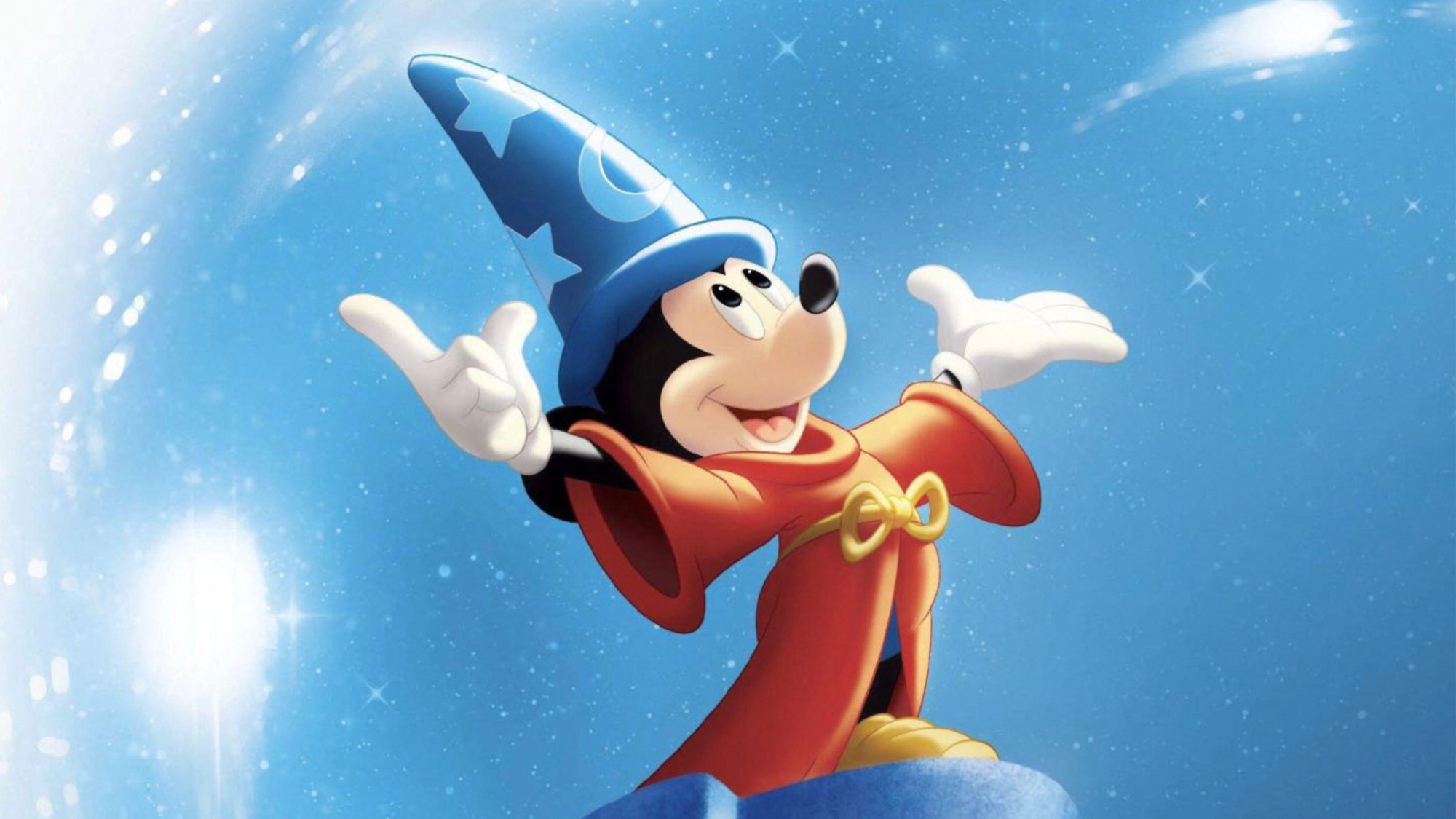 The 8 best animated family movies of all time
The 8 best animated family movies of all timethe week recomends The best kids’ movies can make anything from the apocalypse to alien invasions seem like good, wholesome fun
-
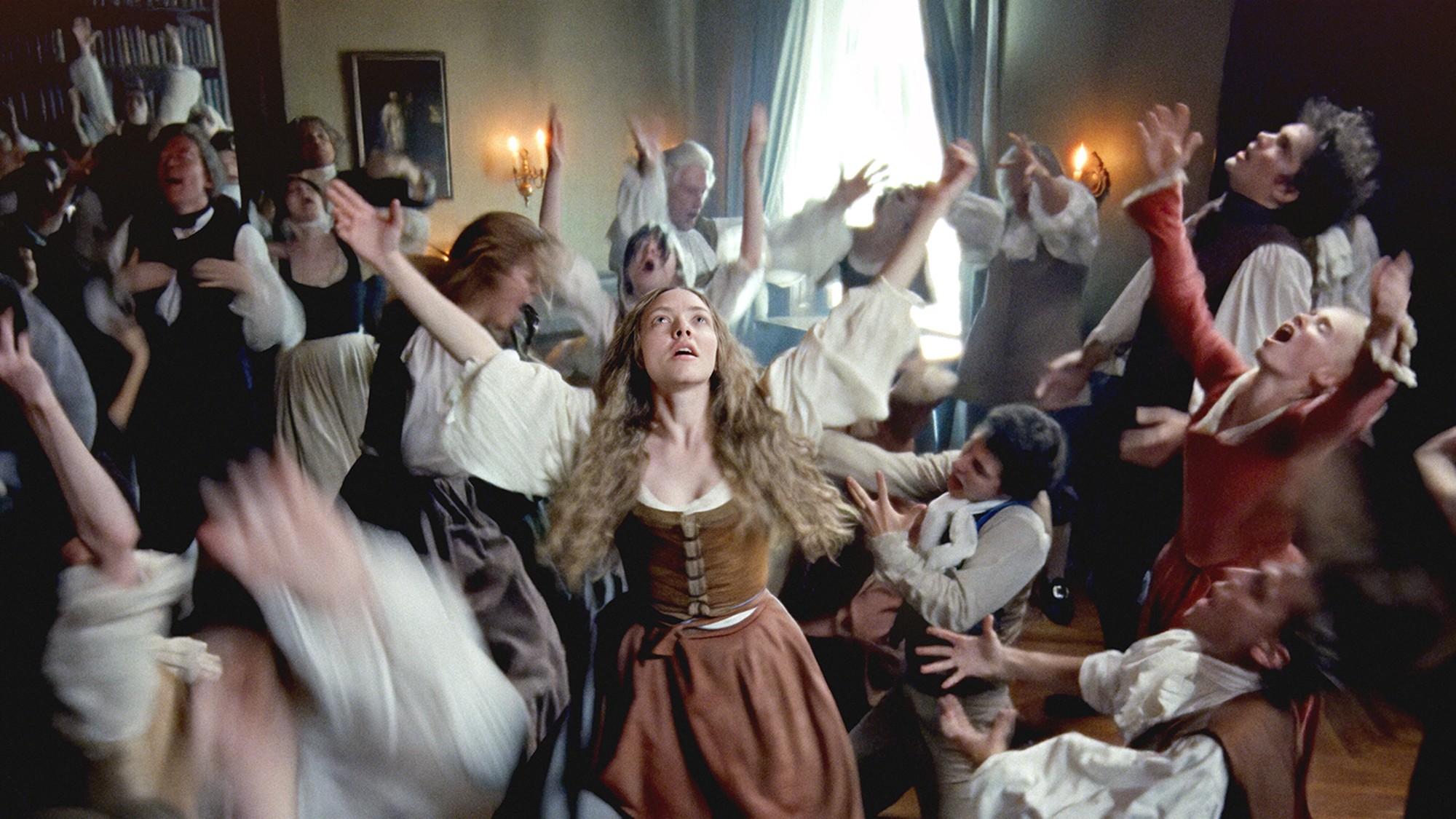 Film reviews: ‘The Testament of Ann Lee,’ ’28 Years Later: The Bone Temple,’ and ‘Young Mothers’
Film reviews: ‘The Testament of Ann Lee,’ ’28 Years Later: The Bone Temple,’ and ‘Young Mothers’Feature A full-immersion portrait of the Shakers’ founder, a zombie virus brings out the best and worst in the human survivors, and pregnancy tests the resolve of four Belgian teenagers
-
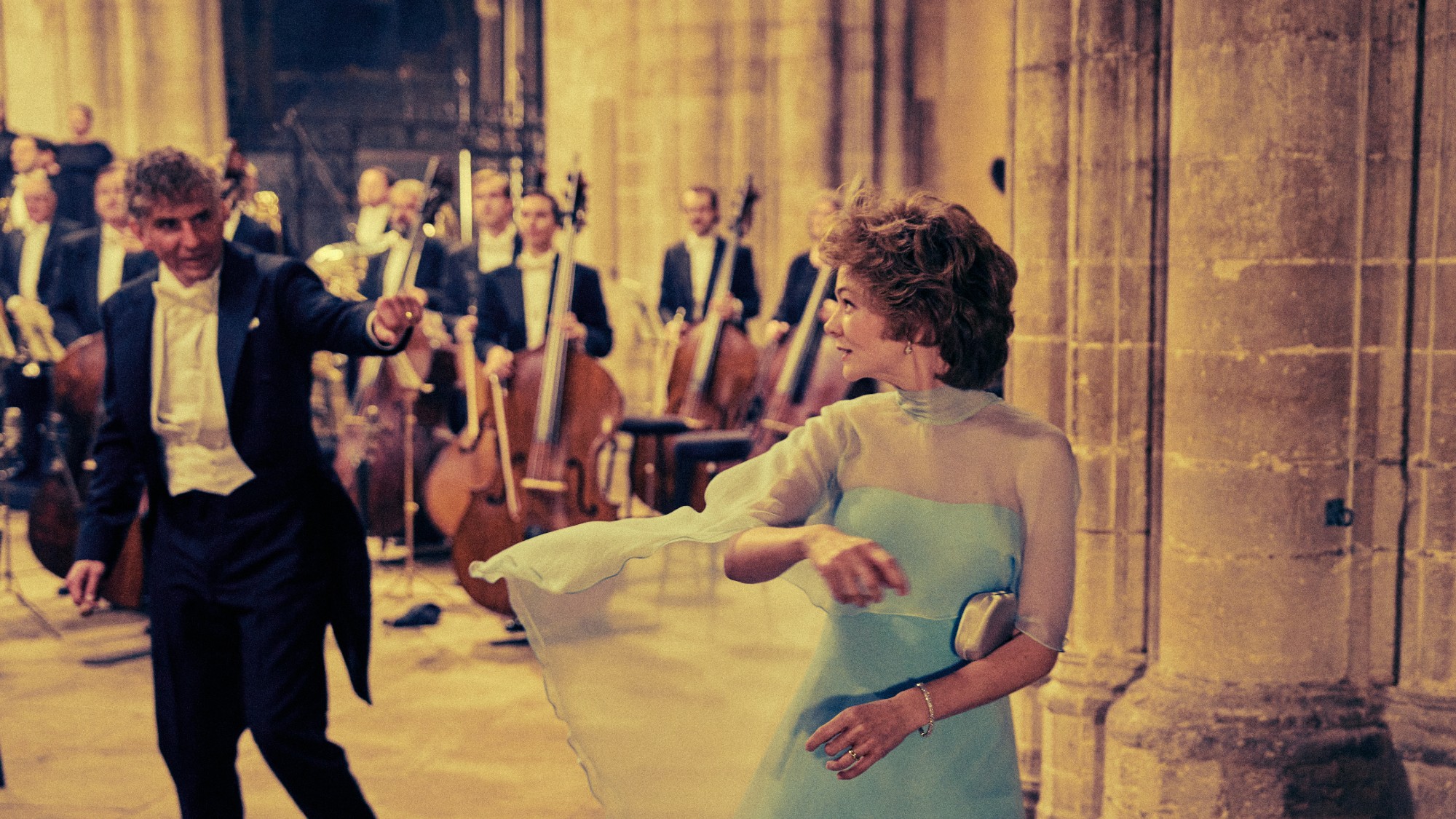 The 8 best biopic movies of the 21st century (so far)
The 8 best biopic movies of the 21st century (so far)the week recommends Not all true stories are feel good tales, but the best biopics offer insight into broader social and political trends
-
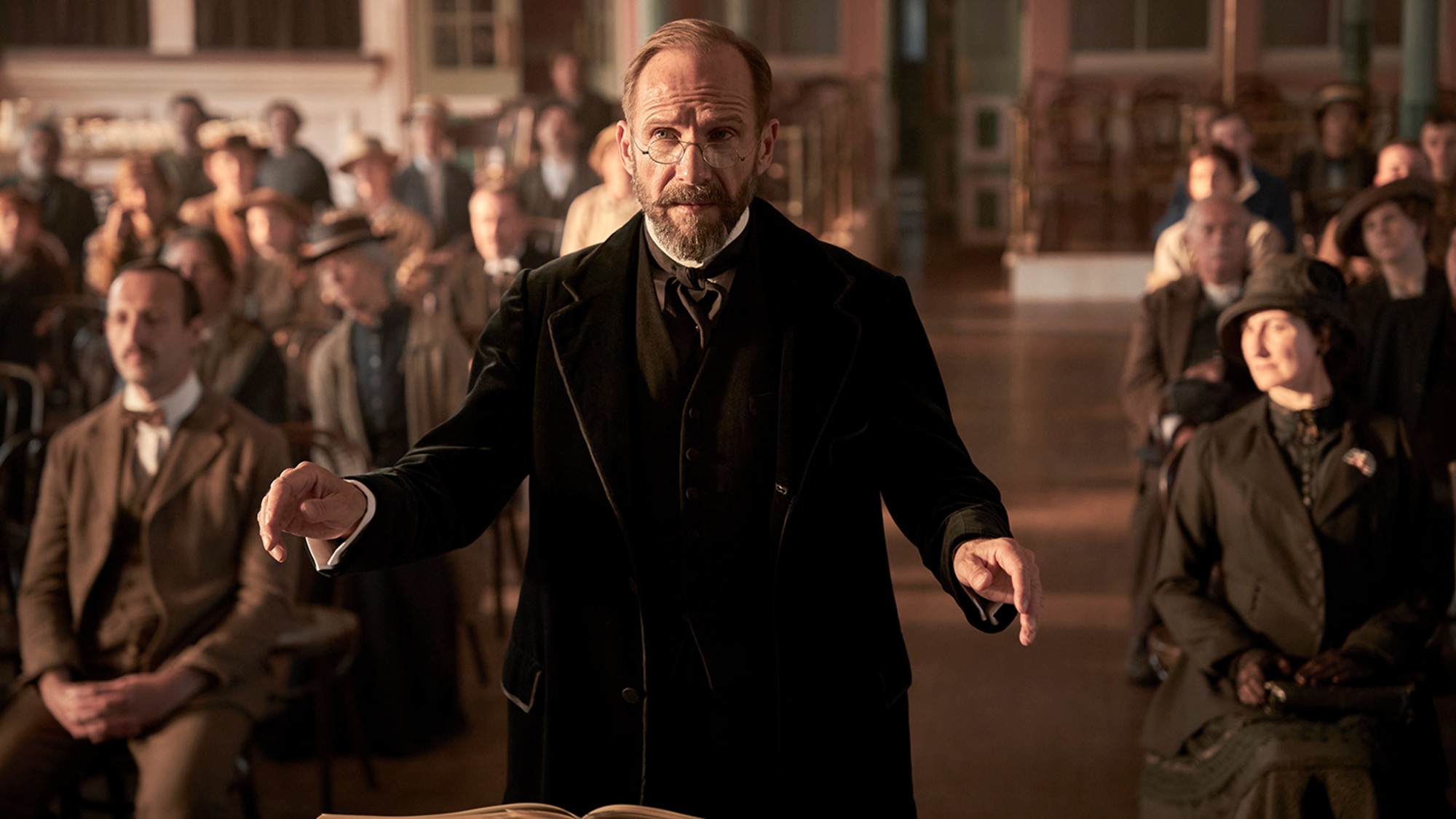 Film review: ‘The Choral’
Film review: ‘The Choral’Feature Ralph Fiennes plays a demanding aesthete
-
 Golden Globes affirm ‘One Battle,’ boost ‘Hamnet’
Golden Globes affirm ‘One Battle,’ boost ‘Hamnet’Speed Read Comedian Nikki Glaser hosted the ceremony
